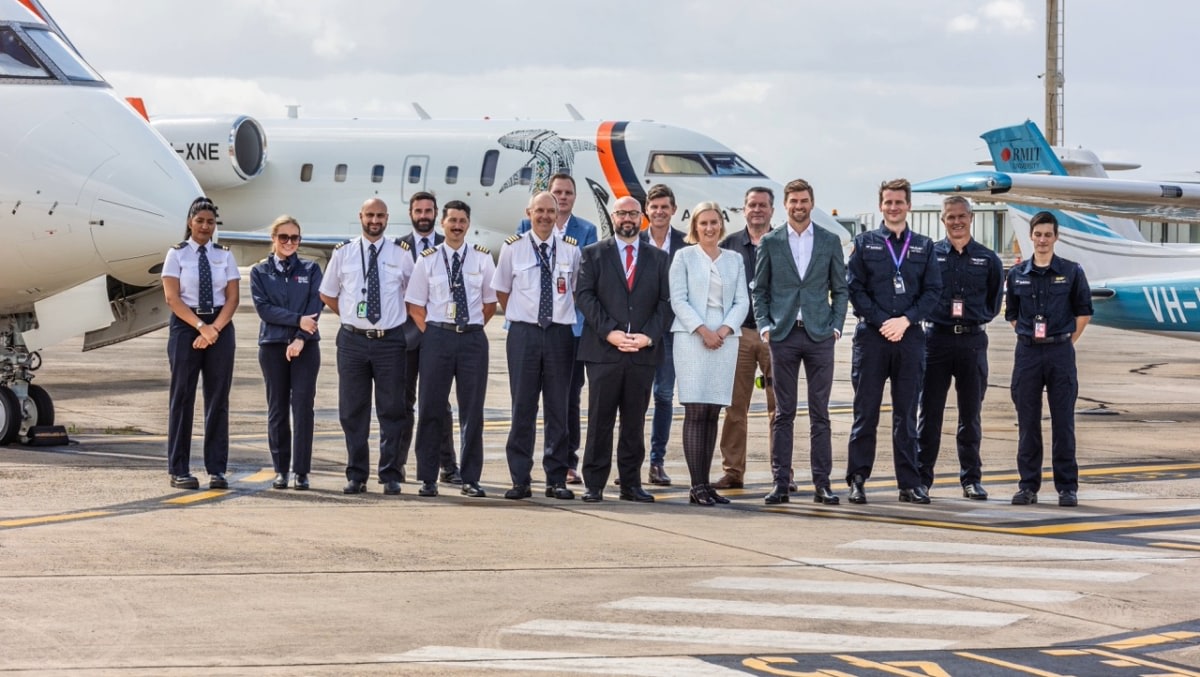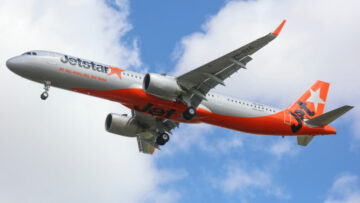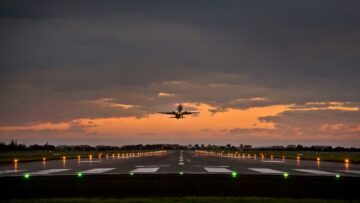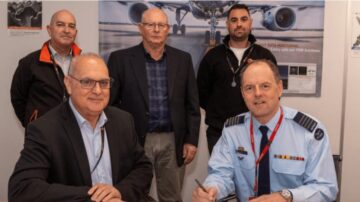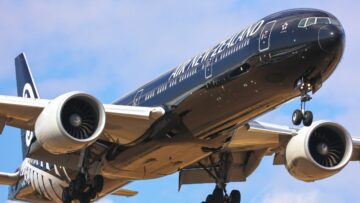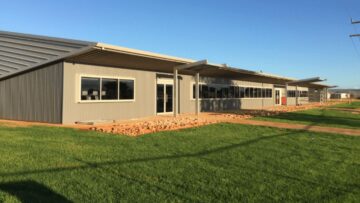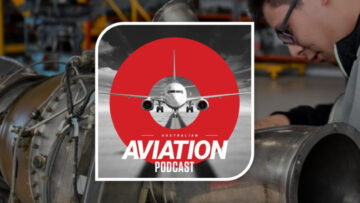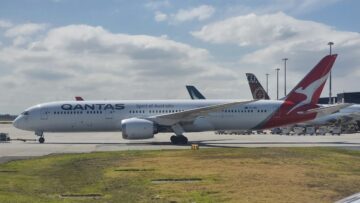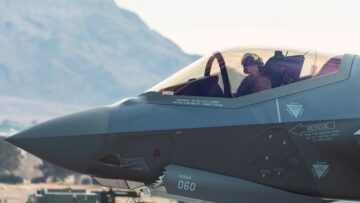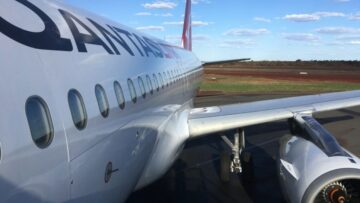Leidos has launched a new scholarship that will provide $120,000 worth of funding to final-year students completing a degree in aviation at RMIT.
The funding includes support for recipients to complete additional training that focuses on the type of specialist pilot skills the aviation and tech company requires from recruits.
RMIT formally launched its upgraded Aviation Academy last year, which features flight training sites at Point Cook and Bendigo alongside research facilities in Melbourne.
Leidos, meanwhile, finalised a purchase for the special mission assets of Cobham in 2022, which included maritime surveillance and fixed-wing search and rescue.
James Woodhams, Leidos’ airborne solutions VP, said the company wanted to support workforce development given the sector faces significant skill shortages.
“We know that there are high barriers to entry to becoming a pilot, including the cost associated with flight training,” he said.
“We want to provide students with not only financial support but with opportunities to learn about the flying experiences available to them beyond airline careers.
“We do very specialist flying to save lives and protect national interests, and we want to contribute to building the skills required for these missions.”
RMIT Aviation Academy director Lea Vesic added that the government’s Aviation Green Paper highlighted the challenges the industry is facing with ongoing talent shortages.
“Partnerships like this are critical not only for supporting new pilots to enter the workforce but to make sure they develop the skills and can obtain the practical experience required to ensure they are job-ready,” she said.
RMIT has been educating aerospace engineers for 80 years and training commercial pilots since 1994, graduating more than 3,500 pilots and flight instructors.
Australian Aviation has been reporting on the talent shortage in aviation repeatedly since COVID-19 restrictions came to an end.
Across the industry, shortages of staff and parts combined with school holiday getaways saw the worst delays on record in April, June and July 2022. Today, delays remain well below the long-term industry average.
- SEO Powered Content & PR Distribution. Get Amplified Today.
- PlatoData.Network Vertical Generative Ai. Empower Yourself. Access Here.
- PlatoAiStream. Web3 Intelligence. Knowledge Amplified. Access Here.
- PlatoESG. Carbon, CleanTech, Energy, Environment, Solar, Waste Management. Access Here.
- PlatoHealth. Biotech and Clinical Trials Intelligence. Access Here.
- Source: https://australianaviation.com.au/2024/02/leidos-launch-rmit-aviation-scholarship/
- :has
- :is
- :not
- 000
- 1
- 1994
- 2022
- 500
- 80
- a
- About
- Academy
- added
- Additional
- Aerospace
- airline
- alongside
- an
- and
- April
- ARE
- Assets
- associated
- At
- Australian
- available
- average
- aviation
- barriers
- becoming
- been
- below
- BEST
- Beyond
- Building
- but
- came
- CAN
- careers
- challenges
- COM
- combined
- commercial
- company
- complete
- completing
- contribute
- Cost
- COVID-19
- critical
- Degree
- delays
- develop
- Development
- Director
- do
- educating
- end
- Engineers
- ensure
- Enter
- entry
- experience
- Experiences
- faces
- facilities
- facing
- Features
- financial
- flight
- flying
- focuses
- For
- Formally
- from
- funding
- given
- Green
- he
- High
- Highlighted
- Holiday
- HTTPS
- in
- included
- includes
- Including
- industry
- interests
- ITS
- jpg
- July
- june
- Know
- Last
- Last Year
- launched
- launches
- LEARN
- like
- Lives
- long-term
- make
- Maritime
- max-width
- Meanwhile
- Melbourne
- Mission
- missions
- more
- National
- New
- obtain
- of
- on
- ongoing
- only
- opportunities
- Paper
- parts
- pilot
- Pilots
- plato
- Plato Data Intelligence
- PlatoData
- Point
- Practical
- protect
- provide
- purchase
- recipients
- record
- Recruits
- remain
- REPEATEDLY
- Reporting
- required
- requires
- rescue
- research
- restrictions
- Said
- Save
- saw
- School
- Search
- sector
- she
- shortage
- shortages
- significant
- since
- Sites
- skill
- skills
- Solutions
- special
- specialist
- Staff
- Students
- support
- Supporting
- sure
- surveillance
- Talent
- tech
- Tech Company
- than
- that
- The
- Them
- There.
- These
- they
- this
- to
- today
- Training
- type
- upgraded
- very
- vp
- want
- wanted
- we
- WELL
- which
- will
- with
- Workforce
- Workforce Development
- Worst
- worth
- year
- years
- zephyrnet

